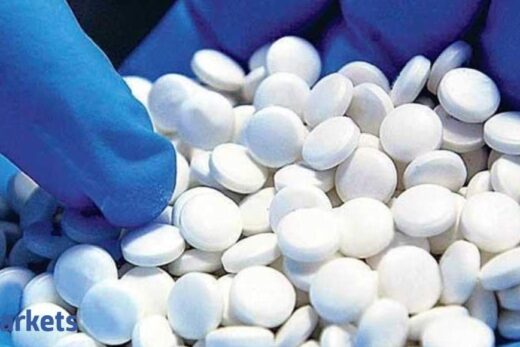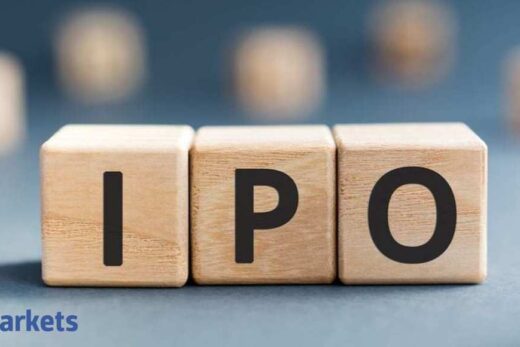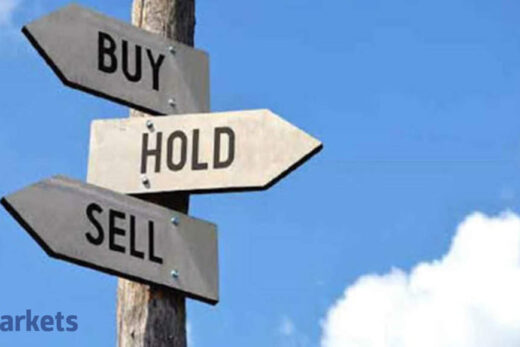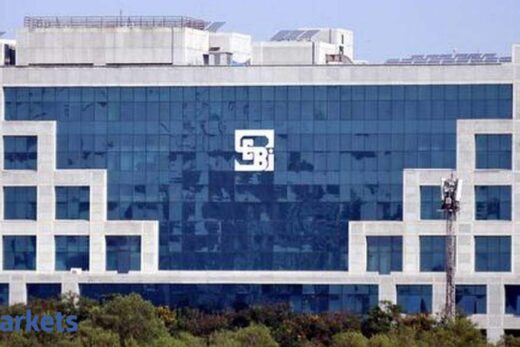“Market making” is the process where a broker gives two-way quotes, to buy and sell, one or more stocks and bonds. Usually “market makers” are large, well-capitalised brokers who are backed by regulators and exchanges to boost investor particpation. Sebi is working with various stakeholders to put in place the rules for such entities, it said in its annual report for fiscal 2020-21.
With the regulator looking to diversify sources of funds for the infrastructure sector, Sebi has been focusing on creating a vibrant secondary market for investment grade corporate bonds. “Sebi has rolled out several measures in the recent past to facilitate liquidity in the secondary market. One additional proposed step is aimed at creating a set of market makers who will be present in the market most of the time both on the buy side as well as the sell side of investment grade corporate bonds,” it noted in its annual report. Sebi is working to put in place the right eligibility criteria for such ‘market makers’ to ensure that financially sound entities with the expertise are encouraged to participate. It is also working to create a repo market for corporate bonds that could in turn fund the inventory holding of the market makers, it noted.
Sebi plans to revamp the corporate bond database which is accessible to all investors. “This database will make available more granular level information about debt covenants to investors in the debt market,” the annual report noted.
As the low-cost passive investing that is sweeping through the developed markets, Sebi is also working to put in place the right infrastructure for such funds, the most popular being the exchange traded funds (ETFs). “Passive funds in India have tremendous scope to grow as the assets under management under passive funds in India is still low as compared to its global peers,” it noted.



